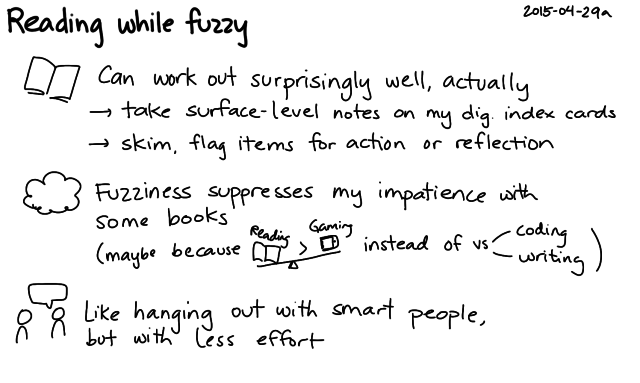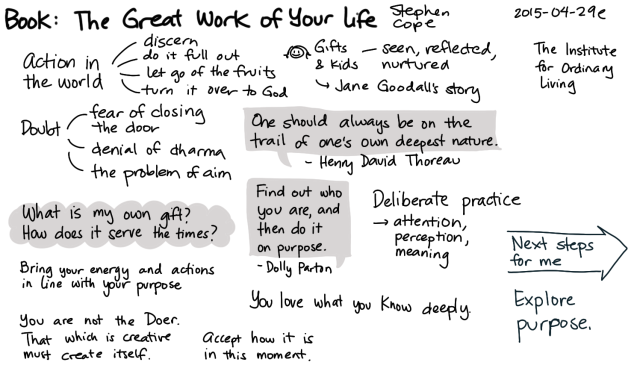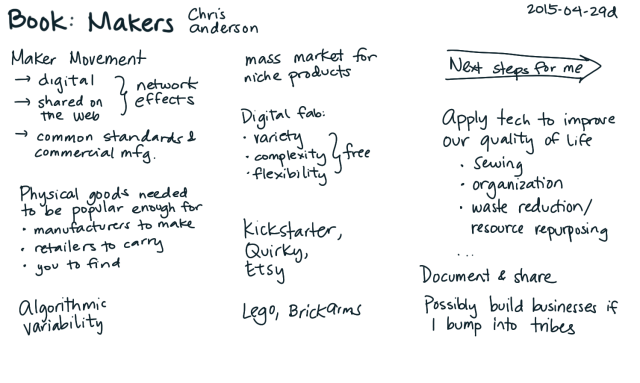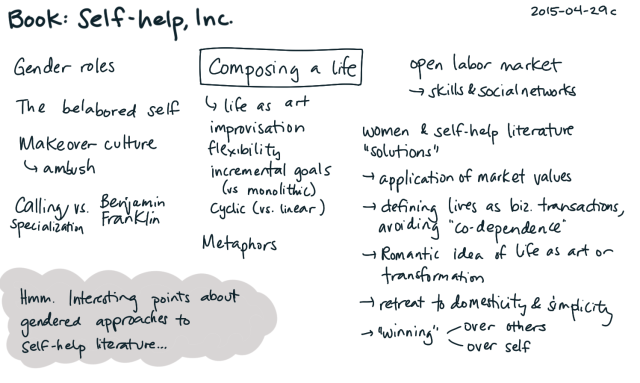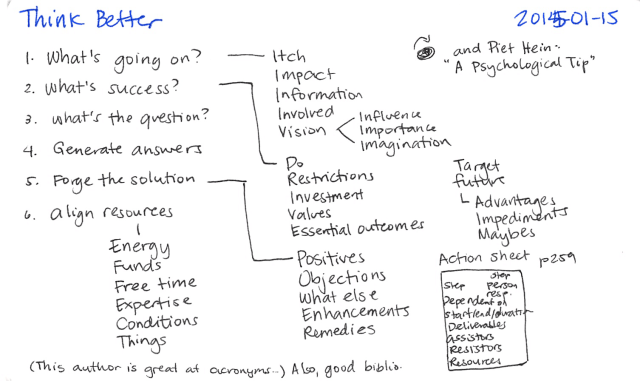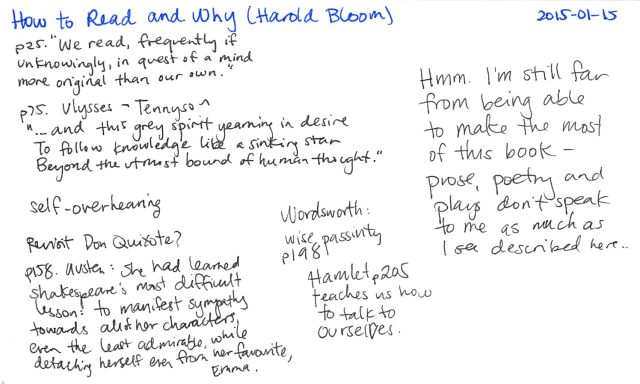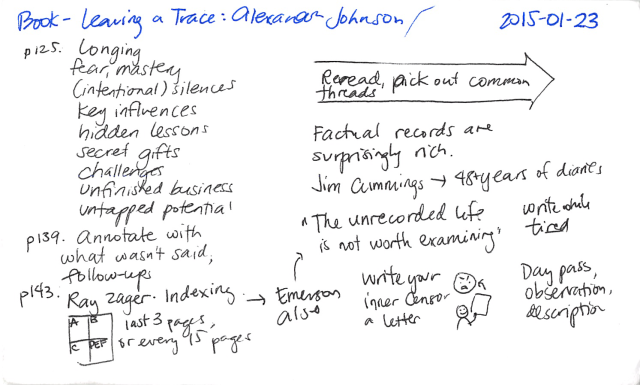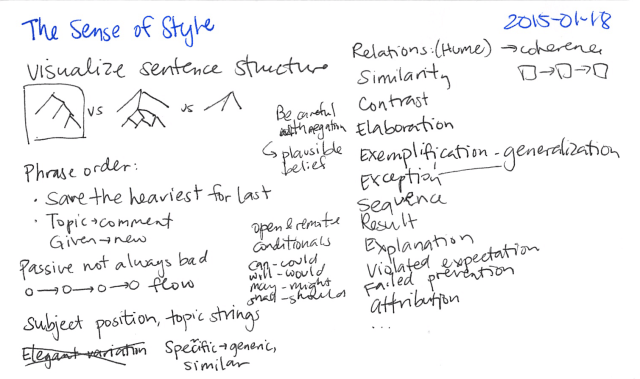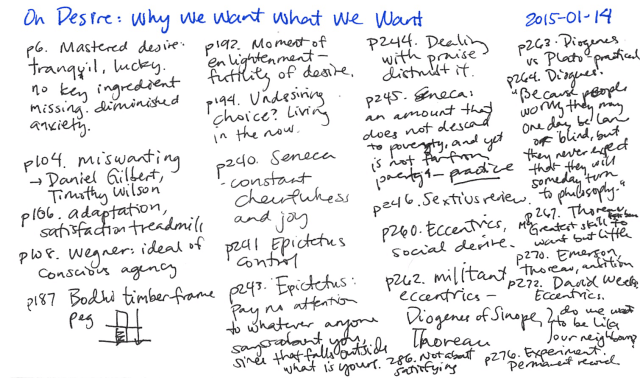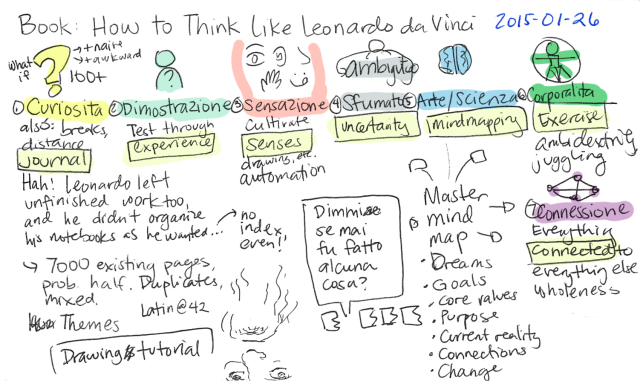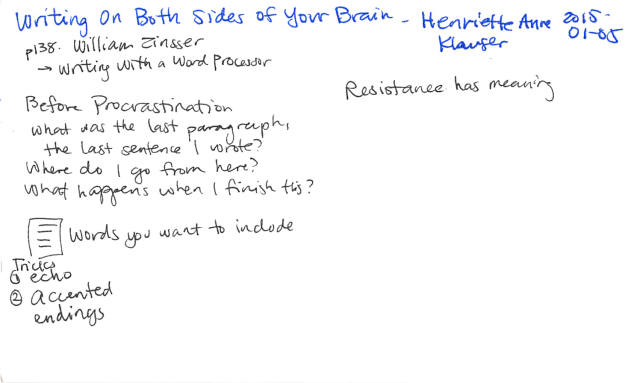Book: Unconditional Parenting
Posted: - Modified: | book, parenting, visual-book-notesUpdated 2018-07-29: Added note about doing to / working with.
For (Text)book Thursday, I actually managed to make a sketchnote! Hooray! Hooray! It's been so long, I'm not even sure what my process for posting these things was…
Anyway. On with the book notes.
Unconditional Parenting (Atria Books, 2005) resonates a lot with the kind of parenting we seem to be doing, and it challenges me to go even further. I'm looking for alternatives to timeouts and reward charts mostly out of curiosity, not because I judge people who use them or that I'd judge myself if those techniques end up being what we feel we need. It's good to explore possibilities and learn from experiences.
I remember reading a parenting article that inspired me to try moving away from evaluative statements like “Good job!” towards you-focused statements (“You did it!”), or better yet, more specific, descriptive statements (“You put the wooden block on top of the other block!”). A- is almost two and a half years old now, so it might be interesting to see what we can do with more questions. (“I see you made two blue handprints on the pink paper. Can you tell me about your painting?”)
I have so much fun observing A- and acknowledging all the cool things she's doing. I need to be careful not to crowd her, though, or to make her feel that she's only interesting when she's doing new things. She's good at telling me when she wants me to do something different (“Mama dance different dance!”) or when she wants me to do the same thing she's doing. (“Play playdough together!”) I've been working on toning down the running commentary for words she already knows, giving her more quiet time, and waiting until she prompts me by looking at me or talking to me. It can be hard to sit there, though. I also catch myself thinking in terms of positive reinforcement of behaviour, so that's something to watch out for.
So far, we have the flexibility to invite A- to make lots of decisions with us and to accommodate many of her preferences. For example, she's not keen on babysitters at the moment, and that's okay with me. She's getting better at telling me how she feels and what she wants, and she's even starting to propose ways to solve problems. For my part, I'm getting better at turning things into games, which has been handy for brushing her teeth.
I like focusing on A-, not just on what she says or does. Today, for example, she was suddenly a teenager: “I hate this fish. I hate beansprouts. I hate everything.” Instead of telling her not to use the word “hate,” getting offended, or getting frustrated, I tried different things and found out that she actually wanted her own portion of fish from the fridge, not off my plate. She's experimenting with big emotions, boundaries, language, and will, and I'm glad I have the space to support her through that.
The book has a few details on helping kids develop perspective-taking skills, which was one of the skills in the ELECT framework that I wanted to focus on. I'm looking forward to modeling perspective-taking through conversation, and practising taking her perspective too. I like how it can turn even unpleasant encounters into opportunities for reflection, which reminds me a lot of Stoic philosophy.
Unconditional Parenting is quite different from most of the parenting books I've come across, and it probably isn't a good fit for everyone. It's a little heavy on the negative side, and would probably get lots of people's hackles up. I would have liked to read more about the challenges of applying the approach and how to figure things out together. That's often the challenge with parenting books – the anecdotes sound so smooth, but I'm more curious about the figuring-out parts and the repairs and the let's-try-agains. I guess I'm looking for something less sales-y, more open source support forum-y, if they makes sense? Anyway, I think we have a good opportunity to try out a few of the ideas from it, though, so it might be fun to explore while we can. It's been a while since it was published, so I wonder what more recent recommendations say.
I do like the book's distinction between “doing to” parenting and “working with” parenting. It reminds me of the way pedagogical documentation reframes the grown-up's role from the dispenser of wisdom to a co-learner supporting the kid's growth.
The book reminds me of Raising Our Children, Raising Ourselves and How to Talk So Little Kids Will Listen, both of which feel like books I can recommend a bit more generally. Janet Lansbury's stuff, too.
As always, it's all a grand experiment, so if something different works for your family, great, good for you! Goodness knows different things work for us at different times, too. It's good to have things to think about and try out, though!


